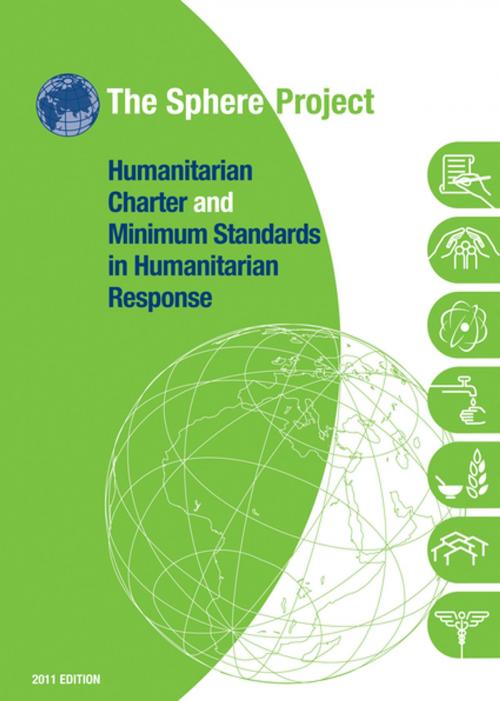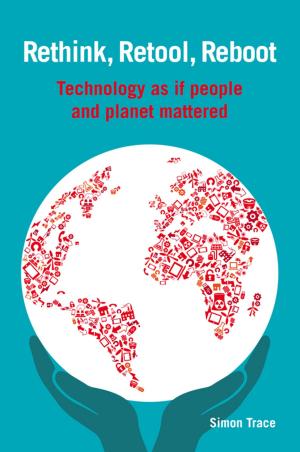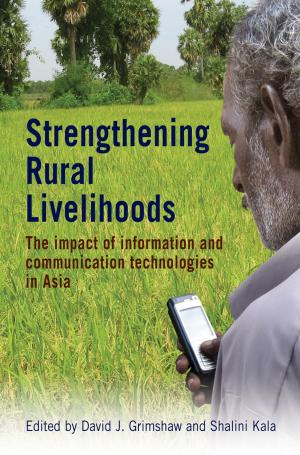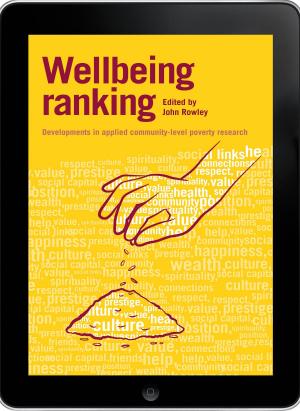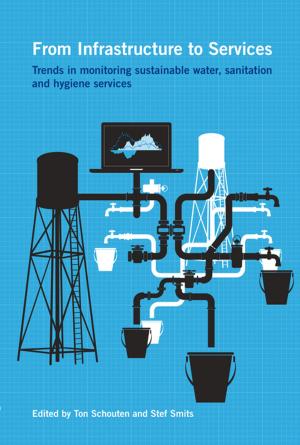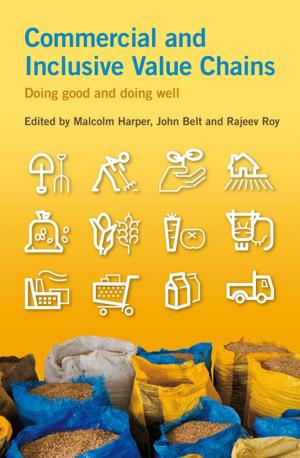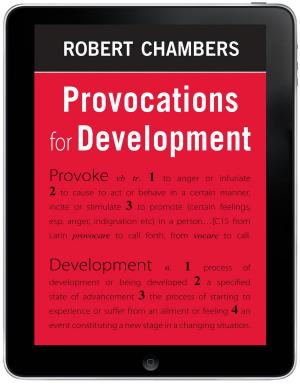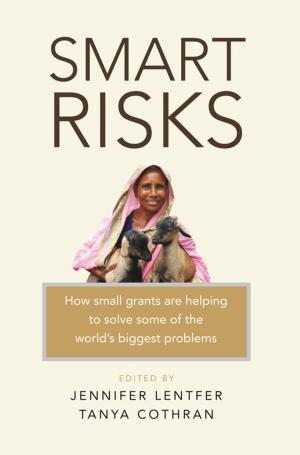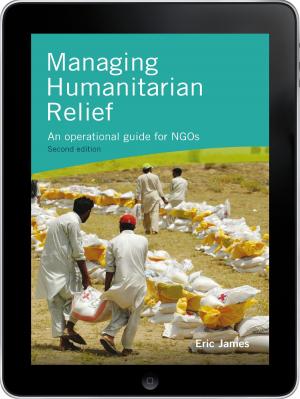Humanitarian charter and minimum standards in humanitarian response
Nonfiction, Reference & Language, Reference, Social & Cultural Studies, Social Science| Author: | The Sphere Project | ISBN: | 9781908176103 |
| Publisher: | Practical Action Publishing | Publication: | September 30, 2013 |
| Imprint: | Sphere Project | Language: | English |
| Author: | The Sphere Project |
| ISBN: | 9781908176103 |
| Publisher: | Practical Action Publishing |
| Publication: | September 30, 2013 |
| Imprint: | Sphere Project |
| Language: | English |
The Humanitarian Charter and Minimum Standards in Humanitarian Response will not stop humanitarian crises from happening, nor can they prevent human suffering. What they offer, however, is an opportunity for the enhancement of assistance with the aim of making a difference to the lives of people affected The Humanitarian Charter and Minimum Standards in Disaster Response (The Sphere Handbook) is one of the most widely known and internationally recognized sets of common principles and universal minimum standards for the delivery of quality humanitarian response and puts the right of disaster-affected populations to life with dignity, and to protection and assistance at the centre of humanitarian action. The Humanitarian Charter and Minimum Standards in Humanitarian Response and The Sphere Project promotes the active participation of affected populations as well as of local and national authorities, and is used to negotiate humanitarian space and resources with authorities in disaster-preparedness work. The minimum standards cover four primary life-saving areas of humanitarian aid: water supply, sanitation and hygiene promotion; food security and nutrition; shelter, settlement and non-food items; and health action. The new edition of the Sphere Project’s Handbook updates the qualitative and quantitative indicators and guidance notes and improves the overall structure and consistency of the text including a rewritten Humanitarian Charter, updated common standards, a stronger focus on protection and revised technical chapters. "The Humanitarian Charter and Minimum Standards in Humanitarian Response will not of course stop humanitarian crises from happening, nor can they prevent human suffering. What they offer, however, is an opportunity for the enhancement of assistance with the aim of making a difference to the lives of people affected by disaster” Ton van Zutphen, Sphere Board Chair and John Damerell, Sphere Project Manager in the Foreword to the new edition.
The Humanitarian Charter and Minimum Standards in Humanitarian Response will not stop humanitarian crises from happening, nor can they prevent human suffering. What they offer, however, is an opportunity for the enhancement of assistance with the aim of making a difference to the lives of people affected The Humanitarian Charter and Minimum Standards in Disaster Response (The Sphere Handbook) is one of the most widely known and internationally recognized sets of common principles and universal minimum standards for the delivery of quality humanitarian response and puts the right of disaster-affected populations to life with dignity, and to protection and assistance at the centre of humanitarian action. The Humanitarian Charter and Minimum Standards in Humanitarian Response and The Sphere Project promotes the active participation of affected populations as well as of local and national authorities, and is used to negotiate humanitarian space and resources with authorities in disaster-preparedness work. The minimum standards cover four primary life-saving areas of humanitarian aid: water supply, sanitation and hygiene promotion; food security and nutrition; shelter, settlement and non-food items; and health action. The new edition of the Sphere Project’s Handbook updates the qualitative and quantitative indicators and guidance notes and improves the overall structure and consistency of the text including a rewritten Humanitarian Charter, updated common standards, a stronger focus on protection and revised technical chapters. "The Humanitarian Charter and Minimum Standards in Humanitarian Response will not of course stop humanitarian crises from happening, nor can they prevent human suffering. What they offer, however, is an opportunity for the enhancement of assistance with the aim of making a difference to the lives of people affected by disaster” Ton van Zutphen, Sphere Board Chair and John Damerell, Sphere Project Manager in the Foreword to the new edition.
